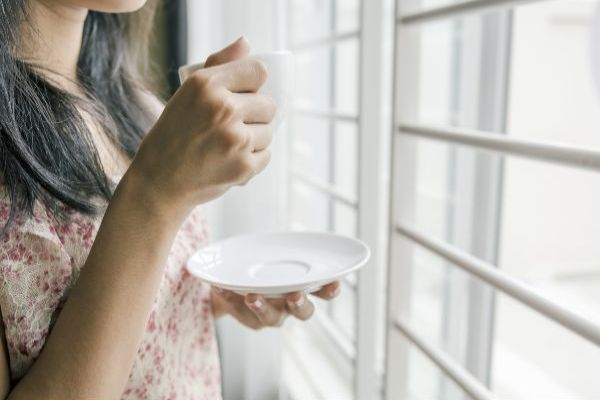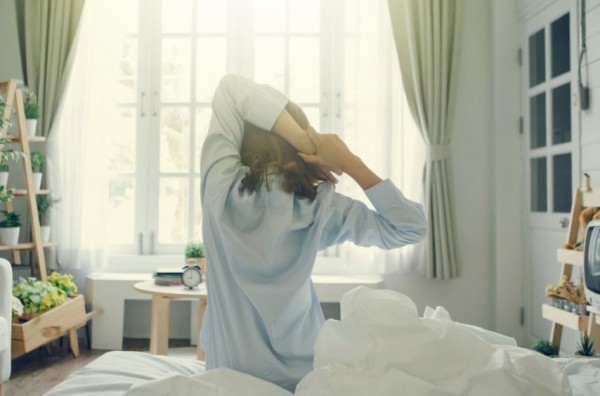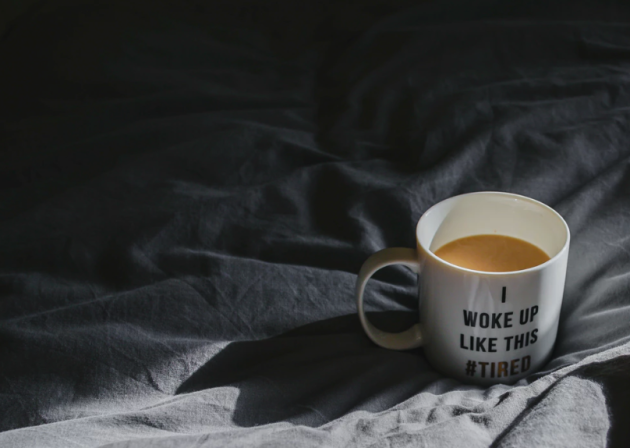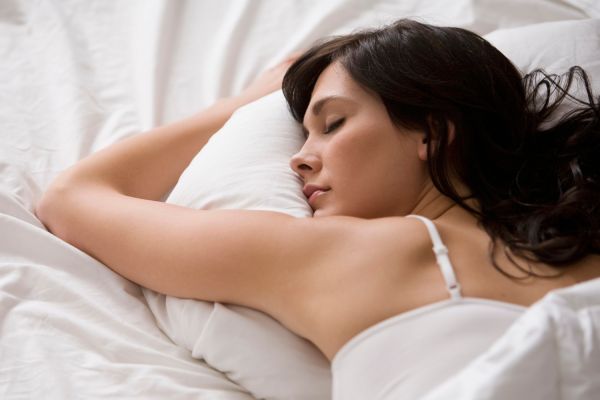
Early risers are less likely to suffer from depression, new study finds
A new Journal of Psychiatric Research-published study has found that women who naturally are early to bed and early to rise are less prone to depression.
A team from the University of Colorado Boulder and the Channing Division of Network Medicine at Brigham and Women's Hospital in Boston analysed data from more than 32,000 female nurses in their research.
This is both the largest and most detailed observational study examining chronotype (a person's sleep-wake preference) and mood disorders.
Speaking on the findings, lead author Céline Vetter told Science Daily, "Our results show a modest link between chronotype and depression risk. This could be related to the overlap in genetic pathways associated with chronotype and mood."

Even after accounting for environmental factors, their findings suggest that there is a link between chronotype, which is partially determined by genetics, and likelihood of depression.
The team came to their conclusions after exploring data from 32,470 women, average age 55, who participated in the Nurses' Health Study.
They started tracking the women's health in 2009 when they were all depression-free. Over the next four years, the researchers followed the women to see who developed depression.
The participants filled out health questionnaires every two years. When answering questions about their sleep patterns, 37 percent said that they were early types. 53 percent described themselves as intermediate types and another 10 percent said they were evening types.
After accounting for depression risk factors like body weight, physical activity, chronic disease, sleep duration, or night shift work, the team still found that early risers were less prone to depression.

More specifically, early risers had a 12 to 27 percent lower risk of depression than intermediate types.
"This tells us that there might be an effect of chronotype on depression risk that is not driven by environmental and lifestyle factors," Vetter, who is also director of the Circadian and Sleep Epidemiology Laboratory (CASEL) at CU Boulder, noted.
Whether we're a night owl or early bird is partially determined by genetics, and research has shown that this trait has a 12 to 42 percent heritability.
Certain genes, like PER2 and RORA, influence both when we prefer to go to bed and rise as well as influence depression risk.

"Alternatively, when and how much light you get also influences chronotype, and light exposure also influences depression risk," Vetter said.
"Disentangling the contribution of light patterns and genetics on the link between chronotype and depression risk is an important next step."
It's not all bad news for night owls, though, she said: "Yes, chronotype is relevant when it comes to depression but it is a small effect."
She recommends that evening types take certain steps that will help them turn in earlier, as people can influence their bedtime preferences.
Getting enough sleep, spending time outdoors, getting daylight, exercising, and dimming lights at night can all help you embrace your inner early bird.






